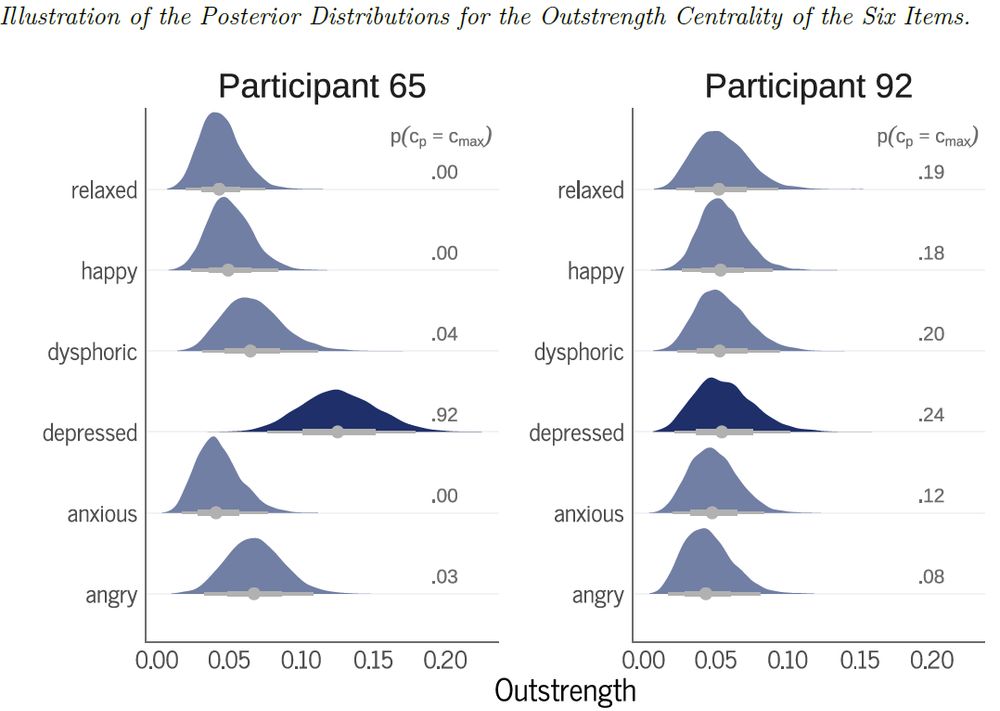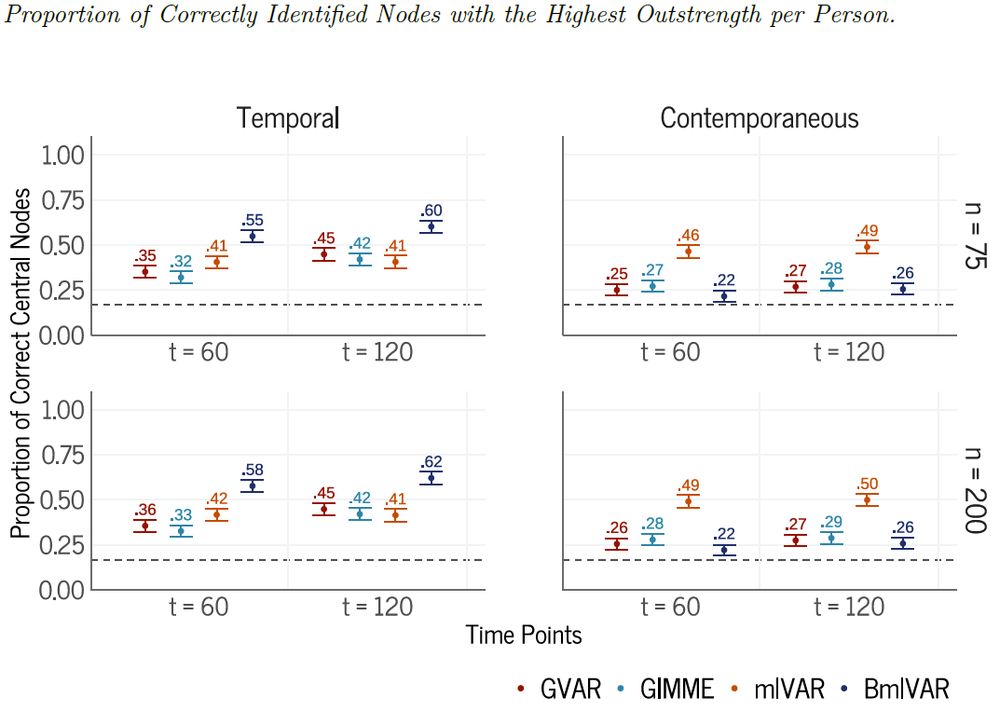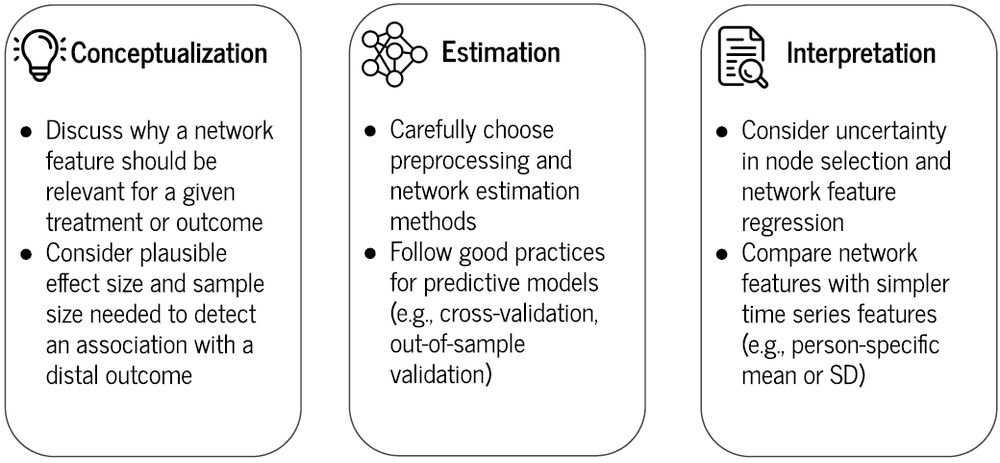Interested in time series, simulation studies & open science
https://bsiepe.github.io
▶️Search and filter datasets on openesmdata.org
▶️Auto-generate R/Python code
▶️(Meta-)data are stored on Zenodo with DOIs
▶️Metadata and software on GitHub enable community contributions
▶️Contribution guidelines allow further database extensions so that openESM can continue to grow

▶️Search and filter datasets on openesmdata.org
▶️Auto-generate R/Python code
▶️(Meta-)data are stored on Zenodo with DOIs
▶️Metadata and software on GitHub enable community contributions
▶️Contribution guidelines allow further database extensions so that openESM can continue to grow
▶️We find a robust negative correlation (−0.49 [-0.54, -0.42]) and outline ideas for future research building on this

▶️We find a robust negative correlation (−0.49 [-0.54, -0.42]) and outline ideas for future research building on this
▶️To make such research easier, we provide rich metadata for each dataset, plus dedicated R and Python packages to easily access and handle the data

▶️To make such research easier, we provide rich metadata for each dataset, plus dedicated R and Python packages to easily access and handle the data
▶️60 openly available experience sampling datasets (16K+ participants, 740K+ obs.) in one place
▶️Harmonized (meta-)data, fully open-source software
▶️Filter & search all data, simply download via R/Python
Find out more:
🌐 openesmdata.org
📝 doi.org/10.31234/osf...
▶️60 openly available experience sampling datasets (16K+ participants, 740K+ obs.) in one place
▶️Harmonized (meta-)data, fully open-source software
▶️Filter & search all data, simply download via R/Python
Find out more:
🌐 openesmdata.org
📝 doi.org/10.31234/osf...
▶️We can estimate the probability of a node being the most central node
▶️For some individuals, there may be a clearly "most central" node, whereas this is very unclear for others
▶️This information is crucial for practical applications

▶️We can estimate the probability of a node being the most central node
▶️For some individuals, there may be a clearly "most central" node, whereas this is very unclear for others
▶️This information is crucial for practical applications
▶️Treatment selection: Identifying the most central node is often difficult
▶️Outcome prediction: Using centrality for outcome prediction requires large n & t & large effects
▶️Using a one-step model such as BmlVAR can help under some conditions

▶️Treatment selection: Identifying the most central node is often difficult
▶️Outcome prediction: Using centrality for outcome prediction requires large n & t & large effects
▶️Using a one-step model such as BmlVAR can help under some conditions
▶️ This accounts for uncertainty that is usually ignored when first estimating individual networks and then using centrality point estimates in a second step

▶️ This accounts for uncertainty that is usually ignored when first estimating individual networks and then using centrality point estimates in a second step
New preprint on the topic: We highlight the role of uncertainty & introduce a Bayesian multilevel approach for uncertainty quantification of network features 🧵
osf.io/preprints/ps...

New preprint on the topic: We highlight the role of uncertainty & introduce a Bayesian multilevel approach for uncertainty quantification of network features 🧵
osf.io/preprints/ps...
We overview the different approaches to handling missingness and their pros and cons, and illustrate them in a case study.

We overview the different approaches to handling missingness and their pros and cons, and illustrate them in a case study.

arxiv.org/abs/2409.18527 #stats

arxiv.org/abs/2409.18527 #stats









